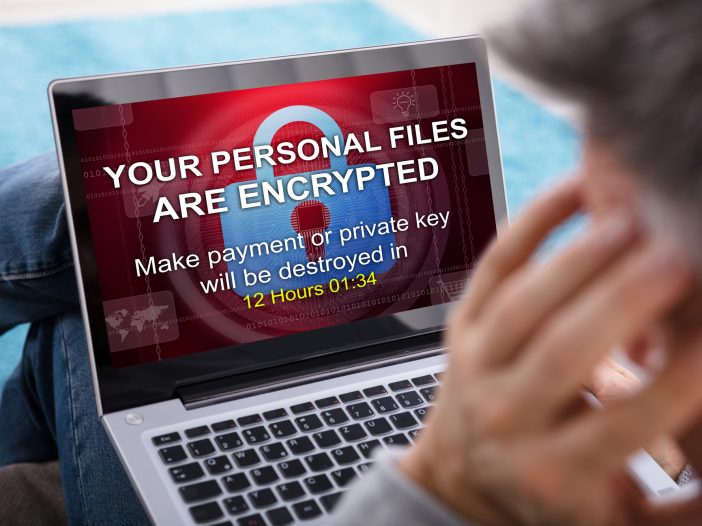
1. Thousands of Los Angeles police caught up in data breach
The Los Angeles Police Department personnel records were hacked into in July. The breach went undetected until the cybercriminals contacted them to let them know names, partial Social Security numbers, dates of birth and other personally identifying information from the department were now available through “external sources.” PII for 2,500 LAPD officers was compromised along with about 17,500 records of LAPD’s Candidate Applicant program.
Every day, more experienced hackers and sophisticated phishing schemes invade businesses across California. You can’t afford to sit back and hope you have enough protection against hackers. Download your free copy of Diamond IT’s ebook: “Detect and Prevent Cybersecurity Threats to Your Business.”
2. City of Lodi confirms ransomware behind computer troubles
Lodi city employees received ransomware emails with attachments appearing to be invoices. The malware disabled the city’s phone lines, financial data systems and other computer systems. The hackers demanded $400,000 in Bitcoin as ransom; Lodi officials declined to pay.
Balancing limited resources with cyber security best practices is complex. Diamond IT works with city and county organizations across Central and Southern California to secure government entities: Check out our solutions here.
3. Prevent former employees from attacking your business
Disgruntled former employees are a real threat to businesses without proper policies in place to ensure former employees no longer have access to your IT systems.
Lockdown your business network with Diamond IT’s best-in-class security solutions. Big or small, your business must protect itself from all threats – employees, natural disasters and, yes, cybercriminals.
4. The increasing cost of a data breach
As data breaches spread and grow across the United States, IBM reports that the cost of breaches is increasing. The projected costs for data breaches in 2019 per business is $3.92 million – a 12% increase in the last 5 years.
This report is a huge red flag for SMBs, in particular, as hackers target smaller organizations hoping they will have fewer security controls in place. The costs of investing in a strong defense now will help you avoid big issues in the future.
5. 7 ways to make remote work more secure
With 70% of the global workforce working remotely, businesses must protect assets from cyber attacks, unsecured servers and weak passwords. And, many of these remote workers are not working from home; they are working from internet cafes, airports and other unsecured public Wi-Fi systems. Remote workers decrease costs to your business and increase productivity. Diamond IT has spent the last decade implementing cutting-edge virtualized solutions to facilitate smooth systems for remote work.